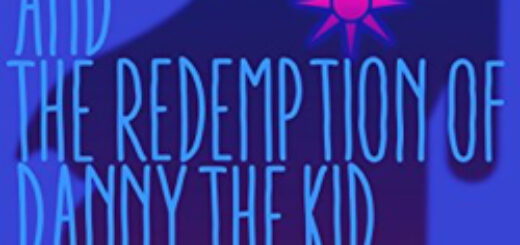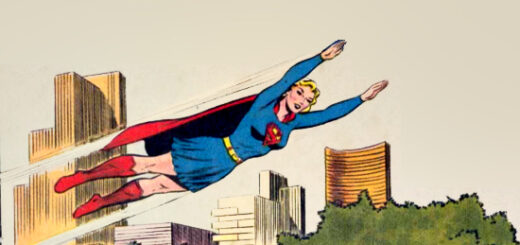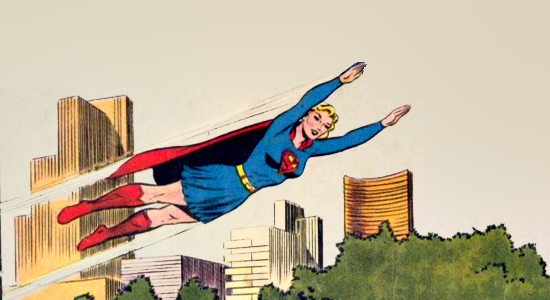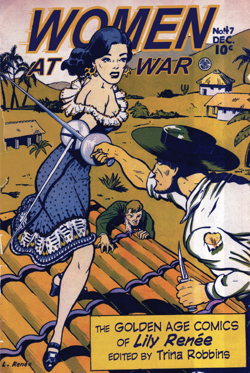Dennis O’Neil: The Perils of Captain Mighty
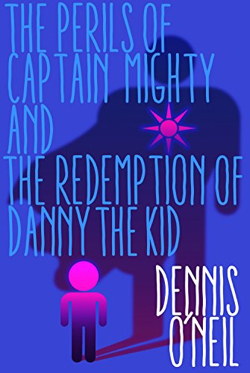 Okay, let’s get this out of the way at the beginning: Yesterday I published a novel. The title is The Perils of Captain Mighty and the Redemption of Danny the Kid. I’ll add one more fact: The original title was The Perils of Captain Power and the Redemption of Danny the Kid, but there were a couple of still active copyrights for “Captain Power” and although these copyrights weren’t likely to cause any problems, they could, and so Power becomes Mighty and we proceed to the next paragraph.
Okay, let’s get this out of the way at the beginning: Yesterday I published a novel. The title is The Perils of Captain Mighty and the Redemption of Danny the Kid. I’ll add one more fact: The original title was The Perils of Captain Power and the Redemption of Danny the Kid, but there were a couple of still active copyrights for “Captain Power” and although these copyrights weren’t likely to cause any problems, they could, and so Power becomes Mighty and we proceed to the next paragraph.
Are you expecting a little chest-beating here? Not happening. Not that I have anything against some self-congratulation and some of the writers I most admire were not above it. To cite three, a trio of my favorite Nineteenth Century scribblers: Charles Dickens (who, according to one source “thrived in the spotlight”); Mark Twain (who, according to another, had a “flair self-promotion”); and Walt Whitman, who sought praise from Ralph Waldo Emerson and got it (“I greet you at the beginning of a great career,” the sage of Concord wrote in a five-page letter Whitman later used to promote his Leaves of Grass.) In my own time, I might cite Ernest Hemingway and Norman Mailer as writers unburdened by crippling modesty. (Anyone with absolutely nothing better to do might list a few more, but let’s hope you’re not that desperate for amusement.)
Indeed, the “book tour” has become a regular part of publishing in which a writer stumbles into a camera’s lens finder or audiences of bibliophiles and, perhaps, if luck is near, scintillates, and then goes to airports.
Ah, but what if the writer is modest? What if that person were taught, perhaps with the emphasis of a branding iron, that gentlefolk do not speak of themselves and never, ever indulge in self-praise. I guess he or she emulates another nineteenth-century New Englander and echoes Emily Dickenson: “I’m nobody.” Or the person does as an adopted New Englander named J.D. Salinger did, buys isolated lodging and hides for a few decades.
A question: Why are the people I’ve mentioned, and others, reclusive? What, exactly, is modesty/humility, anyway? Do such things even exist? I suspect that in my case they’re other words for fear though I doubt that I’ll ever be able to confirm that. We may not always call what happens to us intimidation, we shy ones, and we may not be aware that it’s there. And nobody in particular is doing the intimidating.
Meanwhile, I’ve published a book and I’d feel better if I knew that, if you read it, you won’t hate me for writing it. But it’s not your fault that you’re intimidating me.

